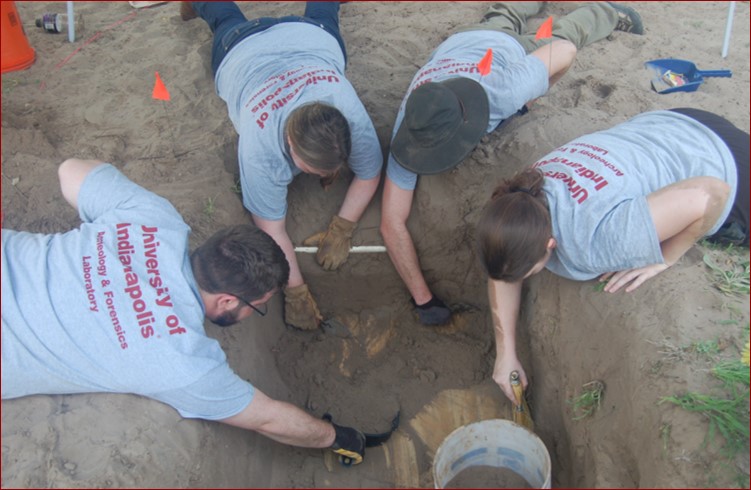This semester was a whirlwind of highs and lows, and it felt as if January would never come. I was so busy running around trying to wrap up the semester that it took someone asking me what day we fly out to realize the trip is just around the corner. That was also when the anxiety and panic set in. In a little over a week, I will be in Texas having an experience that I know will change many of my perspectives of the world.
I am the type of person who loves to know what to expect and is terrified of being unprepared. I have been slowly packing all of the gear I think I will need, as well as the things previous team members have suggested. I feel somewhat prepared but also wholly unprepared at the same time, and I have come to accept the fact (and actually become excited) that I need to be ready to face, explore, and embrace the unexpected. While I know I am just a tiny piece of a very large puzzle, the ability to make a difference in at least one person’s life makes the entire trip and the work we do worthwhile.
Reading through past entries on this blog and speaking with prior team members makes me excited to have my own experiences. I want to meet new people and hear their stories. I want to work with the people I have heard so much about, and see how we – as forensic scientists – can work in a humanitarian context. I am also excited to apply what we have learned at school, learn new techniques, and work with the team. This experience will form lifelong relationships and memories that I cannot get anywhere else. And, hopefully, the knowledge and experiences I can share with others after the trip will bring more attention to the crisis occurring at the border.
I know the trip will be physically and emotionally challenging. While it looks like the weather will be decent during our stay, I still need to prepare myself for the thorns, burrs, scorpions, spiders, snakes, etc. we may encounter. I believe I can handle the vegetation, but I have never been a big fan of creepy crawlies. I am also concerned and a bit apprehensive about how covid and the recent uptick in cases will impact our plans. However, if there is anything the past year and a half (or has it been longer?) of the pandemic has taught me, it is that we need to be flexible and recognize that we are all facing our own hardships. Everything may not (and probably will not) go according to plan, and that is okay. Plans change, but as long I remember to not stress about the small stuff, I know I can face whatever is thrown my way.
As I sit at home and run through my checklist once again, I remember that all of the challenges I face are nothing compared to those the migrants are facing. No matter what, I am excited to see what happens in the coming weeks.

